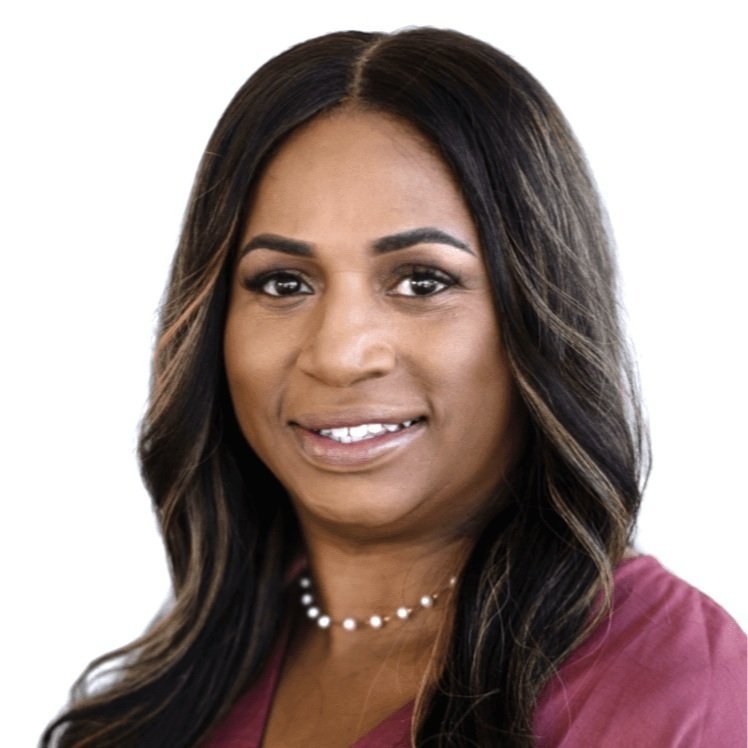Ask the Experts: Out-of-School Time
Out-of-school time can make a definitive impact on a child's life by supplementing their education in important ways. We asked a group of our alumni who work for organizations that provide out-of-school programming for students in our community why out-of-school time is so important to student success.
Scroll down to the bottom of this post to meet our amazing experts and find links to their organizations.
What is the impact of out of school time on student outcomes and student experience?
“The impact can vary depending on program quality (including safety), duration and engagement level. High-quality programs with well-trained staff, use of intentional curriculum and other resources, end to have the most positive outcomes for students.” - Marjorie Murat
“Middle and high school students need opportunities to enhance the skills that aren't provided in school. These may be things like helping high achieving students get into magnet schools, amplifying youth voice, encouraging and educating about cultural identity. By focusing on the skills not taught in schools, students are able to develop confidence and stronger identity which benefits them through college and beyond.” - Janet Morrison-Lane
“Youth in high-quality OST programs are more likely to have improved self-esteem, self-awareness, and self-control, enhanced communication between peers and within families, a genuine sense of purpose, a deeper understanding of diversity, and advancement in developmental outcomes and academic achievement.” - Angelica Portillo
"Out-of-school time really speaks to the emotional/social well-being of a child as well as providing extra skills support whether that be academic or another skill building exercise. During out-of-school time students are engaged with their peers in very impactful character development and youth leadership development ways. Safety, building confidence, and adding positive adults all factor into helping the whole child." - Twyla Masterson
"Improved academic performance in school." - Loretta Burns
What is the biggest misconception about out of school time?
“That students are sitting at tables completing their homework in an orderly fashion. Students are people, too, and to think they can't have sad, chaotic, unengaging days like adults would be an unrealistic expectation.” - Shellie Ross
“That programs have no structure, it is purely recreational or lacking educational value. High-quality OST programs are designed to complement and enhance the learning that takes place during the regular school day.” - Marjorie Murat
“That it is only childcare or a place for kids to get homework help. OST is well organized, intentional in its use of curriculum and data, and designed to serve both a child’s academic and social-emotional needs and development. Students gain confidence in their academic skills, try new experiences, venture out into the Metroplex beyond their neighborhood on field trips, and know that they have a place in their community that values them and their thoughts, ideas, and feedback.” - Mark Mullaney
"That it is or should be recreational time only." - Loretta Burns
"That it's a babysitting service. A high-quality out-of-school time provider and service can add tremendous value to a child's life. The structure and safety that out-of-school time providers and services provide is beneficial to the child, parent and community." - Twyla Masterson
What is most important for people to know about out of school time?
"Quality staff makes a difference.” - Loretta Burns
“The time spent with students is intentional, relationship and task-oriented and comes with the responsibility of investing in the life of others.” - Shellie Ross
“Schools don't have the hours in the day to provide everything kids need. Out of school providers are necessary for well-rounded development of youth.” - Janet Morrison-Lane
“It can be a path toward bringing equity to communities that have lacked access and/or faced barriers to services that youth and families in other communities utilize regularly. OST programs can be a bridge to close the opportunity and experience gap for students who may attend schools where programs like art, music, sports, and field trips are not present due to reduced funding.” - Mark Mullaney
”Out-of-school time enrichment is a lifeline for many students, and some programs are invaluable to the communities in which they are located. The academic enrichment support, life skills learned and fun engaging activities in which they build strong social/emotional skills and tools when working with caring, compassionate adults who have had continuing professional development in this space are all key factors in empowering the whole child." - Twyla Masterson
How can community members meaningfully engage with out of school time? What is one call to action?
“Volunteer and assume the posture of learning the stories of those around you. If you're like me, this exposes broken systems in education and policies and creates a longer list of action steps we need to do as a community. Not to mention, people's stories change our hearts and remind us we aren't so different after all.” - Shellie Ross
“It takes a community to prepare the next generation of leaders, and you don’t need to be a trained teacher to get involved.” - Mark Mullaney
“Advocate for funding and resources, mentoring/ tutoring, and collaboration between your business, organization and an OST program.” - Marjorie Murat
"Get involved; volunteer, read to the scholars, donate supplies, snacks." - Loretta Burns
"Volunteer your time or expertise to your local out-of-school time provider. Also, your resources whether they be financial, in-kind services, or donations are also helpful as well." - Twyla Masterson
“Join the movement and advocate for afterschool!” - Angelica Portillo
Loretta Burns
Class of 2017, Executive Director, AB Christian Learning Center
Twyla Masterson
Class of 2020, Program Director, LISD & CEO, The Jonathan Andrew Youth Enrichment Foundation
Janet Morrison-Lane
Class of 2015, Executive Director, Vickery Meadow Youth Development Foundation
Mark Mullaney
Class of 2016, Chief Operating Officer, Jubilee Park Community Center
Marjorie Murat
Class of 2017, Executive Director, Dallas Afterschool
Angelica Portillo
Class of 2019, Director of Advocacy and Workforce Initiatives, National AfterSchool Association
Shellie Ross
Class of 2017, Executive Director, Wesley-Rankin Community Center








